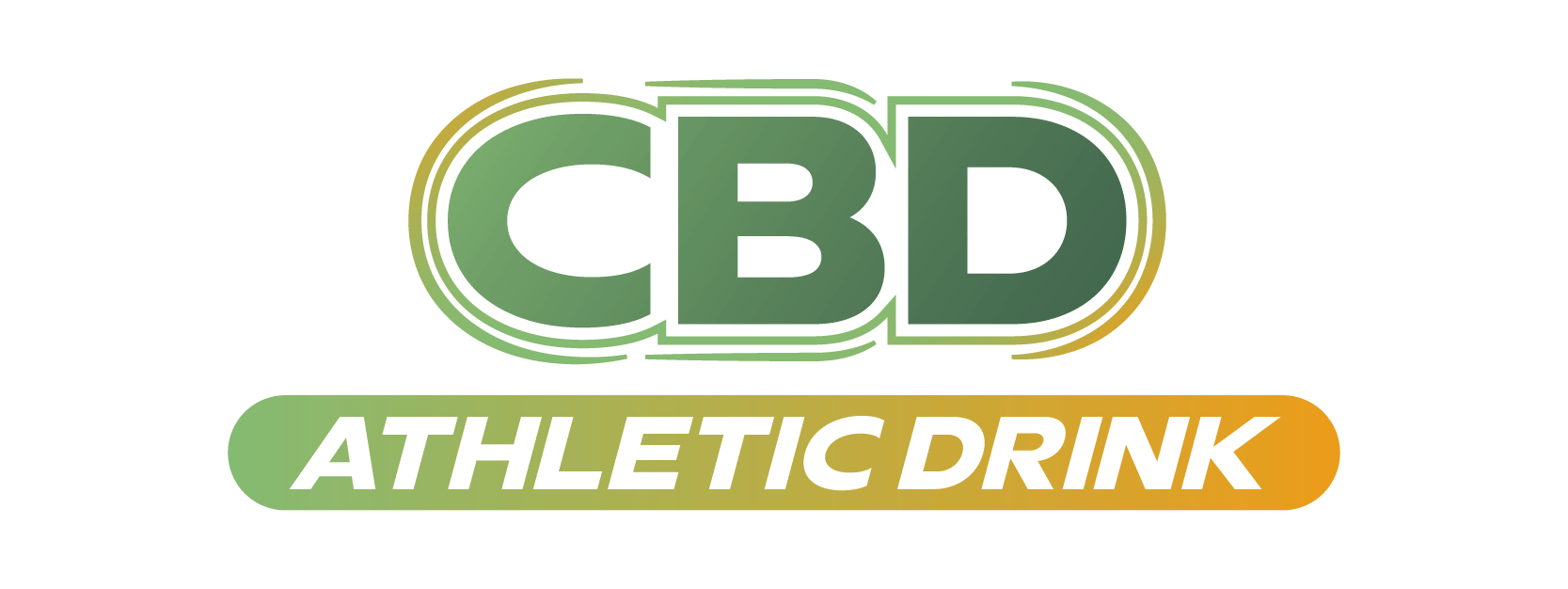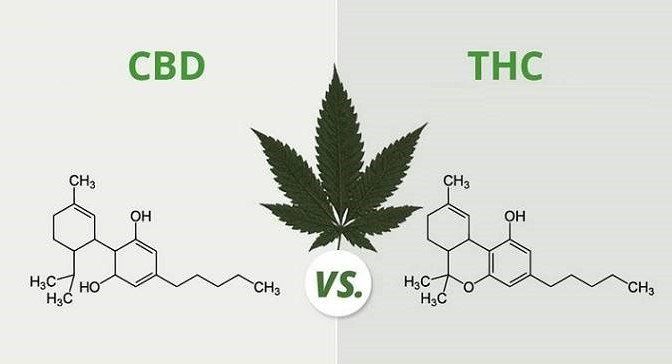Precision under pressure defines performance. Whether it’s a quarterback reading a defense, a gamer responding to a frame-perfect cue, or a cyclist managing split-second turns, the ability to react and sustain focus can determine success. Increasingly, athletes are turning to cannabidiol (CBD) as a recovery and cognitive support tool—but how does it actually affect reaction time and focus stability?
The Science Behind CBD and the Brain
CBD interacts with the body’s endocannabinoid system (ECS)—a regulatory network that influences mood, memory, and neural performance. Unlike THC, CBD does not impair cognitive function or create euphoria. Instead, it appears to balance neurotransmitter activity, particularly in areas of the brain responsible for stress response and attention control.
When stress hormones such as cortisol surge under competition, they can delay reaction time and fragment focus. CBD’s calming influence on the ECS may limit cortisol spikes, helping the body maintain equilibrium during intense moments. The result is not necessarily faster reaction speed, but a more consistent and stable response when stress levels rise.
Reaction Time: Consistency Over Speed
Most controlled studies indicate that CBD doesn’t directly increase raw reaction speed—it’s not a stimulant. However, research suggests it may improve reaction consistency and reduce fatigue-related slowdowns. In performance psychology, this translates to fewer cognitive lapses over long sessions.
For example, endurance athletes or esports competitors often face focus decline from mental overload. By reducing anxiety and supporting neurotransmitter balance, CBD may help sustain reaction control, allowing users to maintain performance curves for longer durations. A small shift in reaction consistency—milliseconds of steadiness—can be the difference between precision and error.
The Focus Stability Advantage
Focus stability is the mental endurance to maintain attention without distraction or burnout. Caffeine and other stimulants can boost focus temporarily, but they often cause energy crashes, jittery reflexes, and irregular decision-making. CBD, in contrast, promotes neurological calm that supports prolonged engagement without overstimulation.
Brain imaging studies show CBD influencing the prefrontal cortex, the region tied to concentration and executive function. When combined with good hydration and nutrient balance, CBD may foster what neuroscientists call optimal arousal — a mental zone where clarity, not intensity, drives performance.
Athletes using CBD-infused beverages or tinctures before competition often describe an enhanced sense of control and awareness, not hyperfocus. This ability to stay present and react efficiently under pressure aligns with what many performance coaches call “flow state.”
Precision Under Pressure
Performance response to CBD is highly individual. Low to moderate doses (10–25 mg) tend to offer cognitive steadiness, while higher doses may promote relaxation that slightly dulls sharpness. Delivery methods matter too — sublingual oils and nano-CBD beverages produce faster absorption and steadier concentration compared to edibles or capsules that metabolize more slowly.
The timing of use is another variable. Athletes typically take CBD 30–60 minutes before competition or training to allow for gradual onset, pairing it with hydration and carbohydrates to sustain energy balance.
While CBD may not cut reaction times the way caffeine does, it supports the environment that allows quick thinking to thrive. By reducing anxiety, lowering muscle tension, and balancing neural function, CBD helps users remain in control under pressure — a psychological edge as valuable as physical conditioning.
Precision Under Pressure:
CBD won’t make a person faster — it makes them steadier. In fields where precision, timing, and mental composure define performance, that steadiness may be the hidden variable separating reactivity from mastery.

